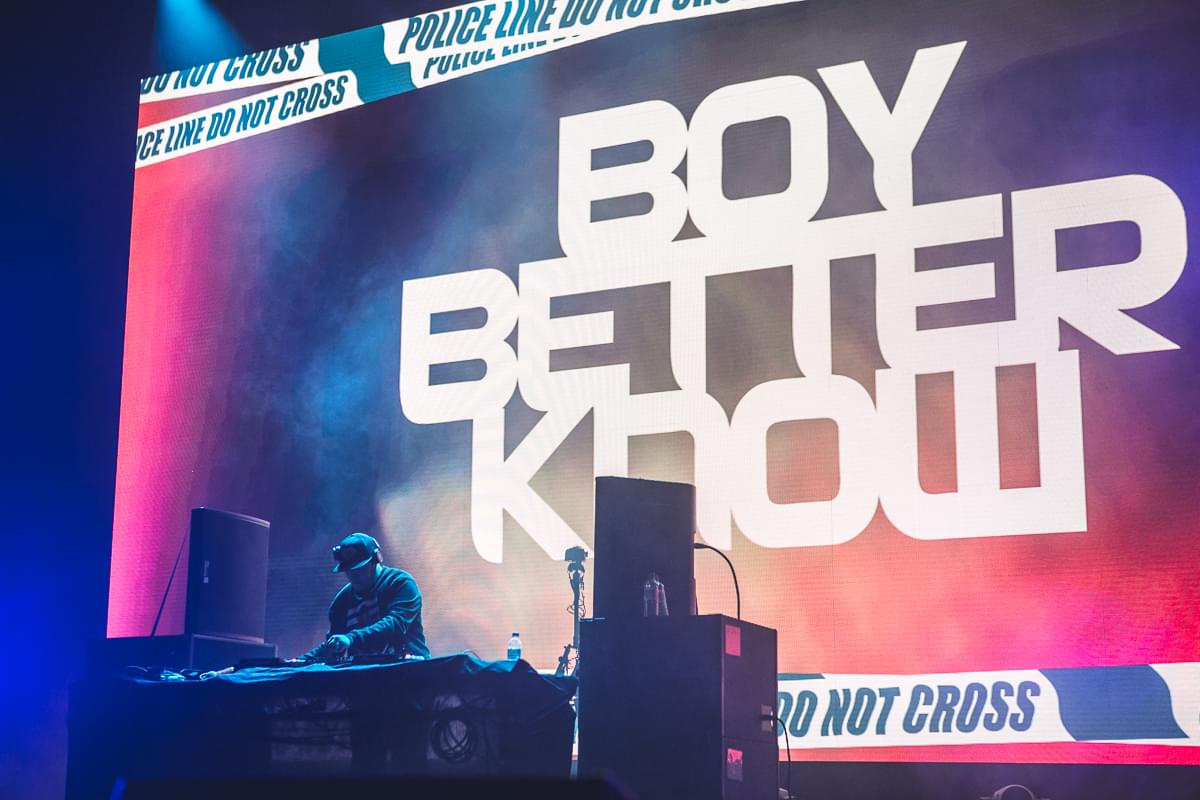
Report reveals that grime music is being hindered by "institutional racism"
The Live Music report from the Digital, Culture, Media and Sport (DCMS) Committee has published a case study on grime music revealing it still experiences "institutionalised racism".
Grime has been a popular UK genre flourishing in recent years, seeing artists such as Skepta, Stormzy, Wiley, Dave, and many others break into the commercial music market.
In the new DCMS report on Live Music, DJ Target stated, "it is the best time we have had for creatives and musical talent coming out of this country". In the full oral evidence linked, Target added, "I still feel that there is, in certain areas, discrimination towards certain types of artists and certain types of live events."
Despite form 696 - a "risk assessment" form that was required to be filled out before events - being abolished in 2017 (via BBC), DJ Target goes on to say "the issues are still there." He adds, "The police may still cancel a venue if they receive relevant information, which can be anything sometimes...they are still being told, "You cannot perform" and they are not even given reasons for it."
Jane Beese, The Roundhouse's Head Of Music, stated in response to the abolishment of form 696, "That scene is not being supported by local councils, by licensees. There is still an amount of what I believe to be institutionalised racism, which is hindering that scene rather than allowing it to flourish. We are absolutely missing a trick by trying to put something back in a box rather than trying to create something that is going to be financially and culturally valuable for us as a country."
Speaking in more detail in the oral evidence, DJ Target expands, "It could be a venue that has been pressured to cancel the event by the police. It could be a local authority that pulls a licence or threatens to pull a licence if you have that event. It is coming from different levels. The small promoter cannot afford to have his licence taken away. The small venue that already is struggling cannot afford to risk it so then they end up saying, "Okay. We do not do those types of nights anymore" and that has happened in lots of locations around the country."
The report also uncovers an account of cancellation from a venue towards rapper ShaoDow, who explained, "I had a venue cancel on me on the day that I was meant to go there. I was booked for a performance in a club and called them ahead of time to say, "I am on my way", and they said, "Oh, by the way, we were just listening to your music. You make Hip Hop". I said, "Yes", and he said, "Oh, we cannot do that here, we will lose our licence"."
In relation to the discrimination experienced by urban genre musicians, DJ Target added, "You do not get an indie gig shut down the night before because one of the band member’s friend’s cousins is rumoured to be attending and that is a no go."
The report concluded that the DCMS would "work together to develop guidance for licensing authorities, police forces and music venues on how to collaborate on managing risks to ensure that urban music acts are not unfairly targeted."
- Richard Ashcroft details seventh studio album, Lovin’ You
- Cain Culto taps Sudan Archives for new single, "KFC Santeria"
- Alison Goldfrapp reveals new track, "Hey Hi Hello"
- Deerhoof pull their back catalogue from Spotify
- Oasis announce (What's The Story) Morning Glory? 30th anniversary edition with five new reworked tracks
- Pickle Darling shares new single, "Human Bean Instruction Manual"
- Joviale and Fabiana Palladino feature on Laura Groves' first release in two years, Yes
Get the Best Fit take on the week in music direct to your inbox every Friday

Lorde
Virgin

OSKA
Refined Believer

Tropical F*ck Storm
Fairyland Codex





